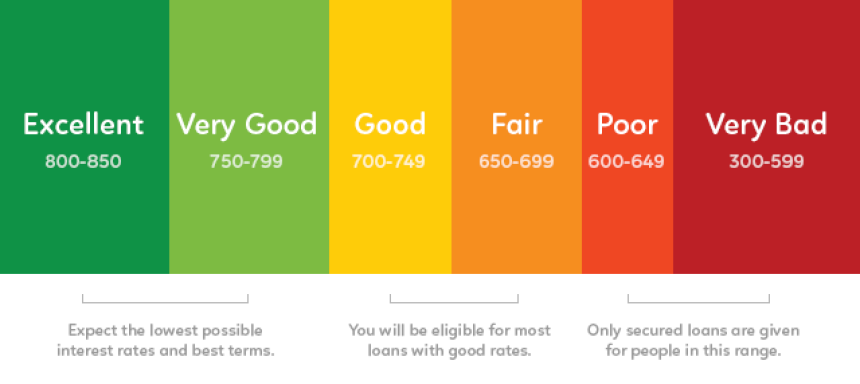
How to Improve Your Credit Score for Better Loan Rates
Improving your credit score is a great way to secure better loan rates and terms. Here are steps you can take to boost your creditworthiness:

1. Check Your Credit Report:
- Obtain a free copy of your credit report from each of the three major credit bureaus (Experian, Equifax, and TransUnion) at AnnualCreditReport.com. Review it for errors or discrepancies.
2. Dispute Inaccuracies:
- If you find any inaccuracies, dispute them with the credit bureau reporting the error. Provide supporting documentation to correct the information.
3. Pay Your Bills on Time:
- Consistently paying bills by their due dates is one of the most significant factors in your credit score. Late payments can have a detrimental effect.
4. Reduce Credit Card Balances:
- Aim to keep your credit card balances well below your credit limits. A lower credit utilization ratio (balance-to-limit ratio) can have a positive impact on your score.
5. Avoid Opening Too Many New Accounts:
- Opening multiple new accounts in a short period can be seen as risky behavior and may lower your score. Apply for credit sparingly.
6. Don't Close Old Accounts:
- Length of credit history matters. Keep older, well-managed accounts open, even if you don't use them regularly.
7. Diversify Your Credit Types:
- Having a mix of credit types (e.g., credit cards, installment loans) can be beneficial. It shows that you can manage different types of credit responsibly.
8. Be Cautious with Credit Inquiries:
- Each time you apply for new credit, a hard inquiry is made, which can temporarily lower your score. Be mindful of how often you apply for credit.
9. Consider a Secured Credit Card:**
- If you have a low credit score or no credit history, a secured credit card can be a good way to build or rebuild credit. This type of card requires a cash deposit as collateral.
10. Use Credit Responsibly:
- Use credit sparingly and responsibly. Avoid maxing out your credit cards and only borrow what you can comfortably repay.
11. Set Up Payment Reminders:
- Consider setting up automatic reminders or payments to ensure you don't miss due dates.
12. Seek Professional Advice if Needed:
- If you're struggling to improve your credit score, consider consulting a credit counselor or financial advisor for personalized guidance.
Remember, improving your credit score is a gradual process and may take time. Be patient and consistent in your efforts, and over time, you'll likely see positive results reflected in your credit profile. This, in turn, can lead to better loan rates and terms when you apply for credit in the future.





